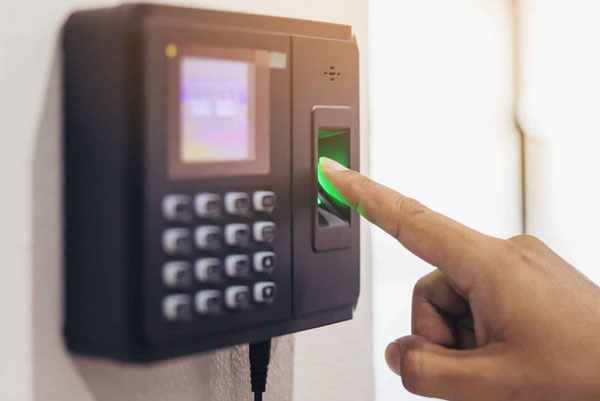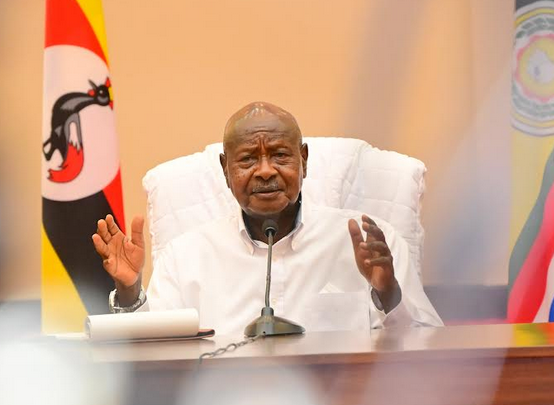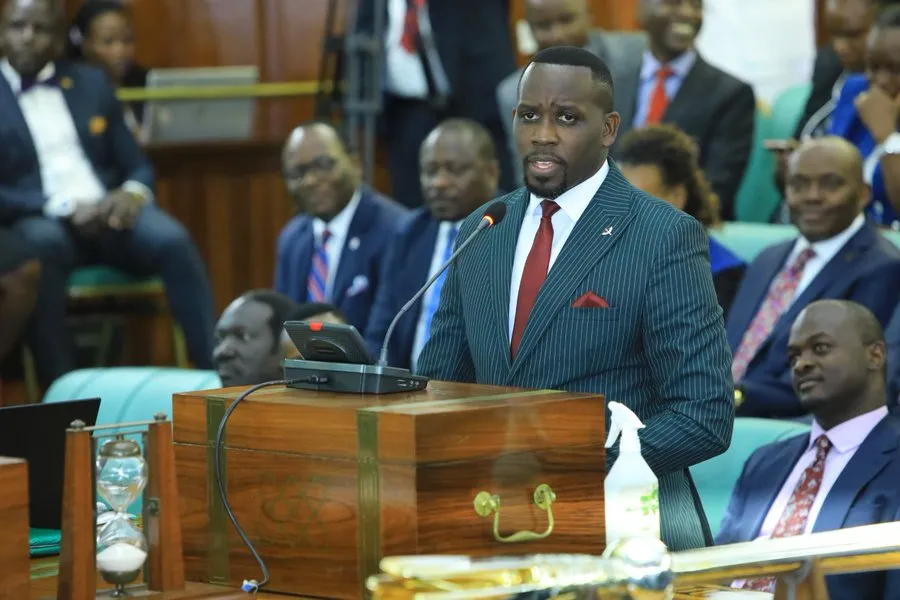Makerere University lecturers have voted against the introduction of a biometric staff attendance management system. They argue that the system primarily focuses on monitoring staff attendance between 8:00 a.m. and 5:00 p.m., while they believe that assessing academic staff performance should consider various outputs such as teaching, research, publications, community service, assessments, and networking for research and grants, rather than merely physical presence in the office during those hours.
This decision to reject the new system was made during an Emergency General Assembly held on October 20, 2023, by the lecturers, who are members of the Makerere University Academic Staff Association (MUASA).
The university had previously made plans to implement a biometric staff management system to improve staff compliance with time and attendance requirements. University Secretary Yusuf Kiranda explained that this system would be linked to the Human Capital Management (HCM) attendance module and would be implemented as a physical clock-in system across the university, requiring each staff member to clock in at their respective duty stations.
In a letter dated October 12, 2023, addressed to all Members of Staff and the University Council, Kiranda stated that the government was implementing an integrated Human Capital Management System (HCM) to automate Human Resource Management functions in the Public Service. Consequently, the University Council had resolved to procure and deploy a biometric staff management system to improve staff adherence to time and attendance of duty, integrating it with the HCM attendance module.
However, in a letter dated October 20th and addressed to the University Council Chairperson, Dr. Robert Kakuru, the Muasa Chairperson, and General Secretary Christine Mpyangu Mbabazi expressed the association’s rejection of the implementation of the Biometric Attendance Management System. They argued that there should be more competitive and consultative methods for monitoring academic staff performance and productivity.
The letter also pointed out that the introduction of the biometric system lacked adequate consultation and stakeholder engagement. It is the belief of the staff that this system will severely undermine their ability to fulfill the university’s mandate. They suggested reallocating the substantial financial investment in the system to retool staff for executing their duties.
The letter further stated that the university’s programs and interventions are typically guided by well-considered policies adopted after extensive consultation with all stakeholders. Unfortunately, the biometric system is being rushed into implementation without adequate consultations and a clear university policy.
MUASA contended that the forceful implementation of the biometric system is considered regressive and might lead to a brain drain, potentially resulting in numerous staff resignations. They argue that the university’s focus should be on staff productivity in terms of outputs, rather than physical presence.




















